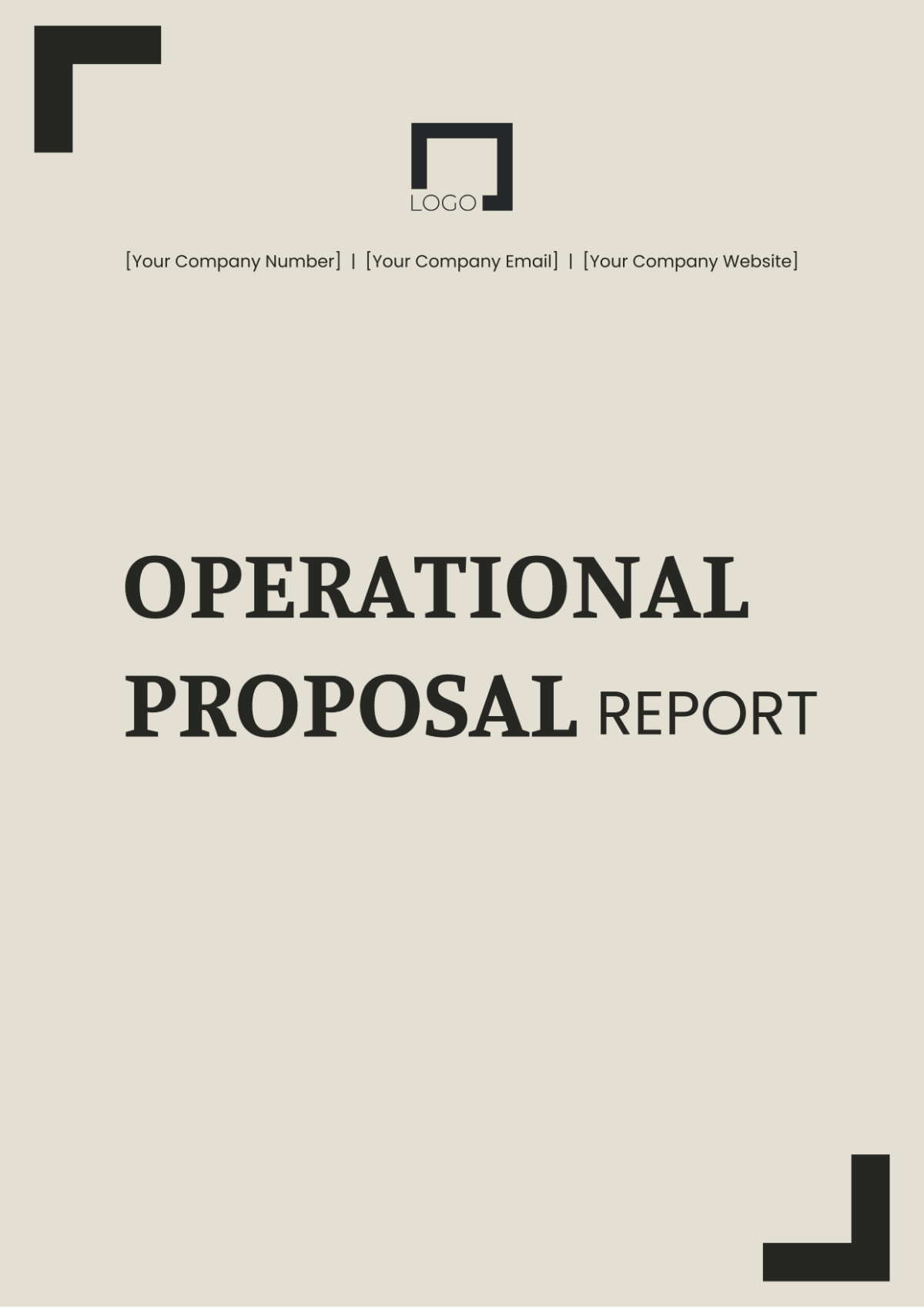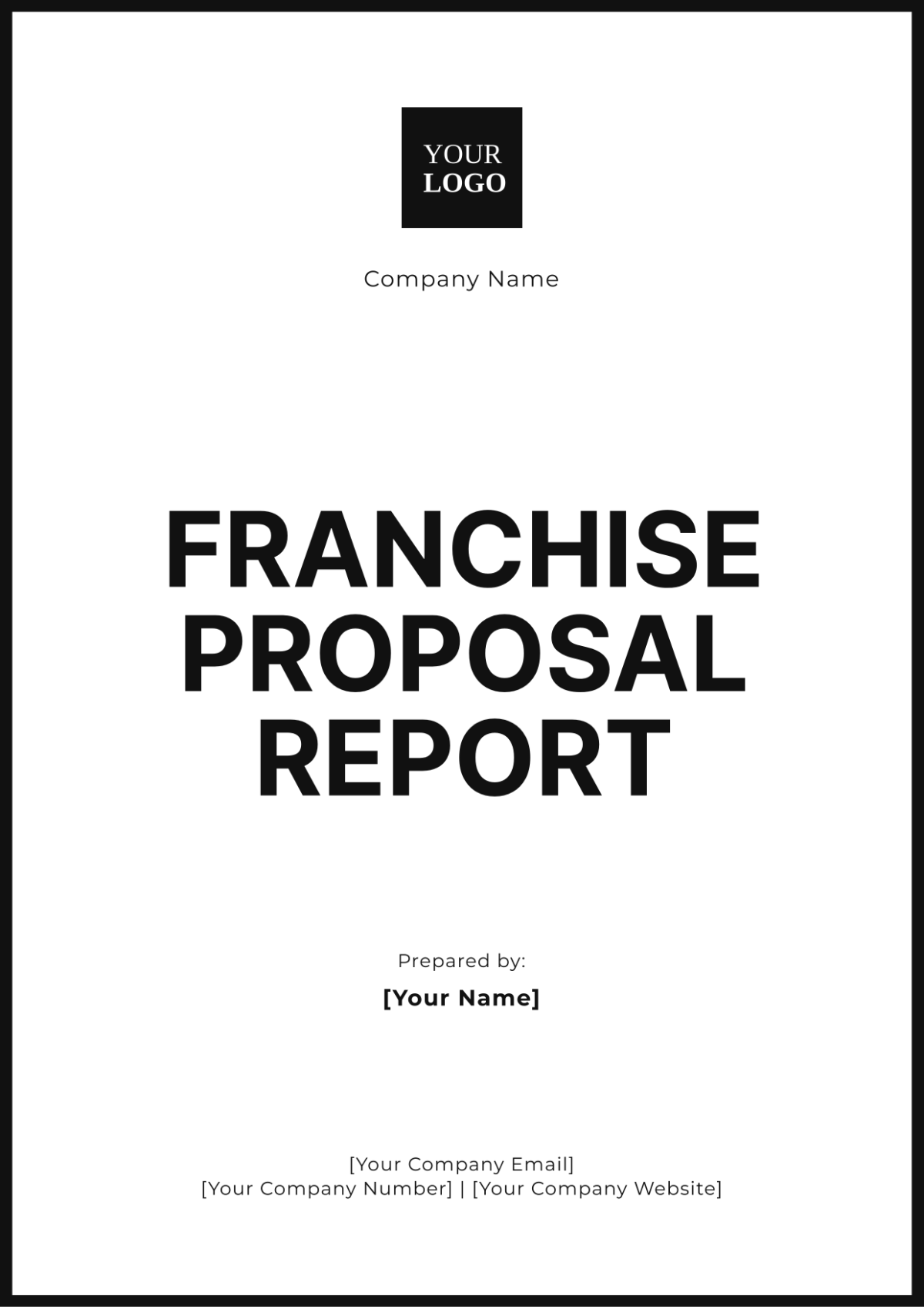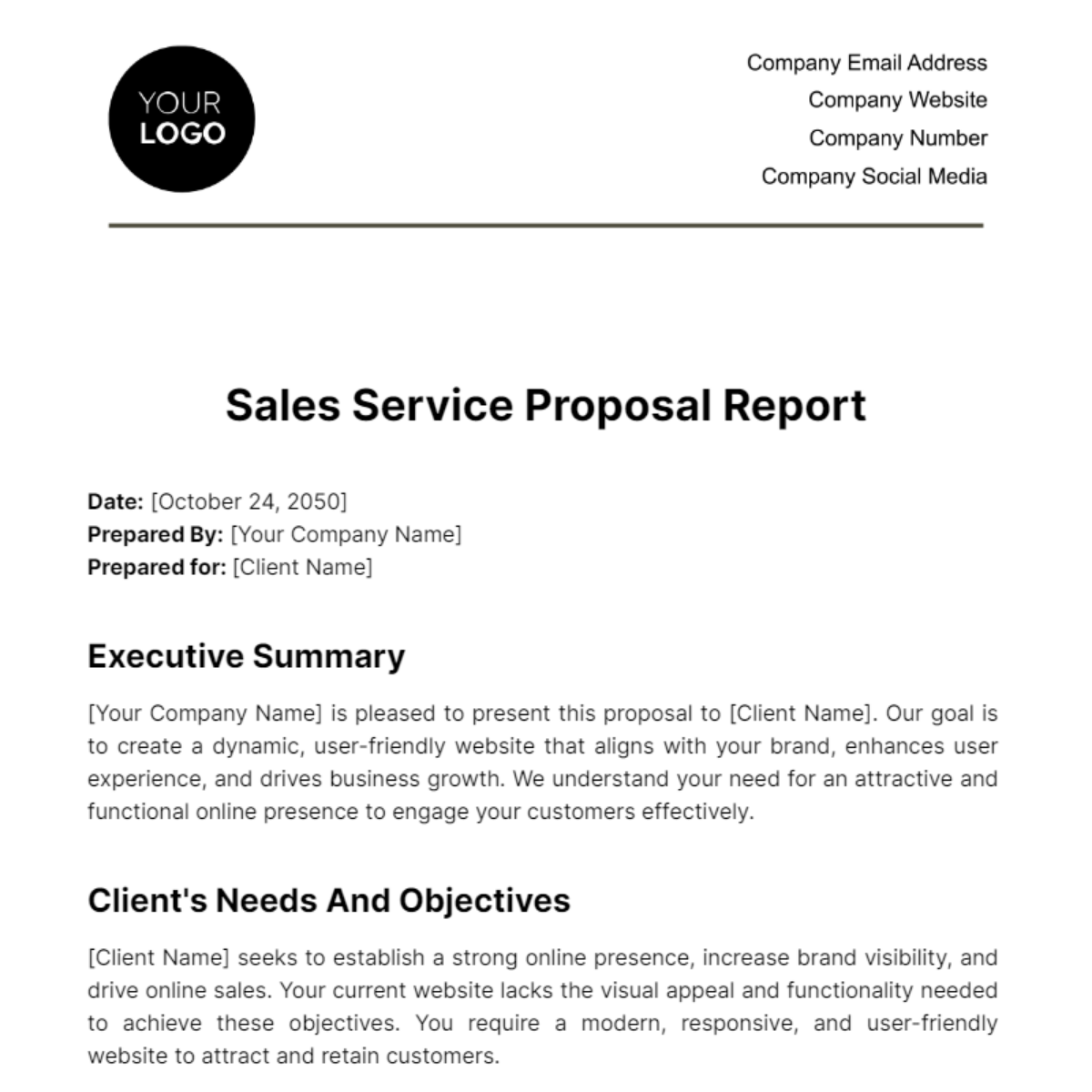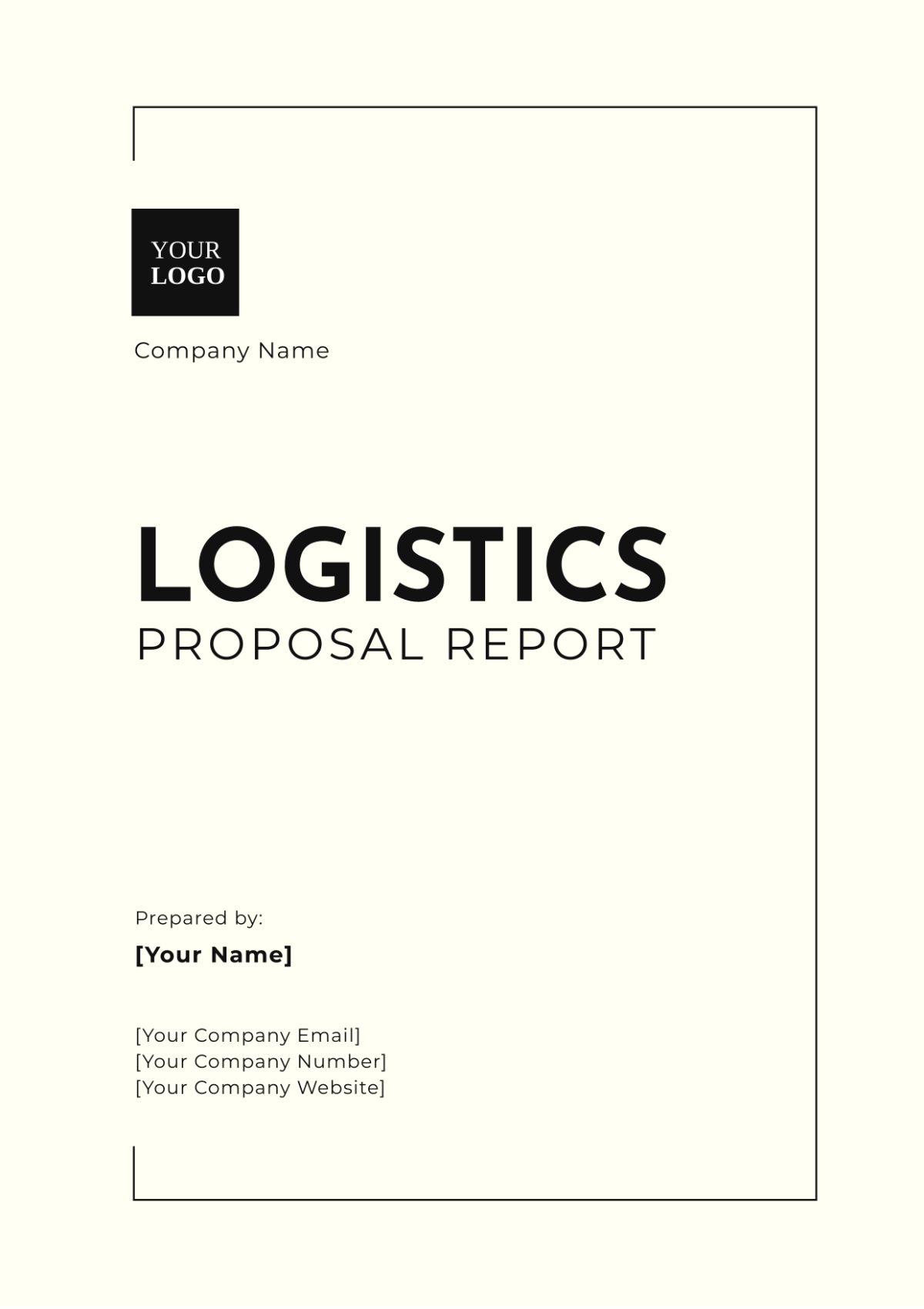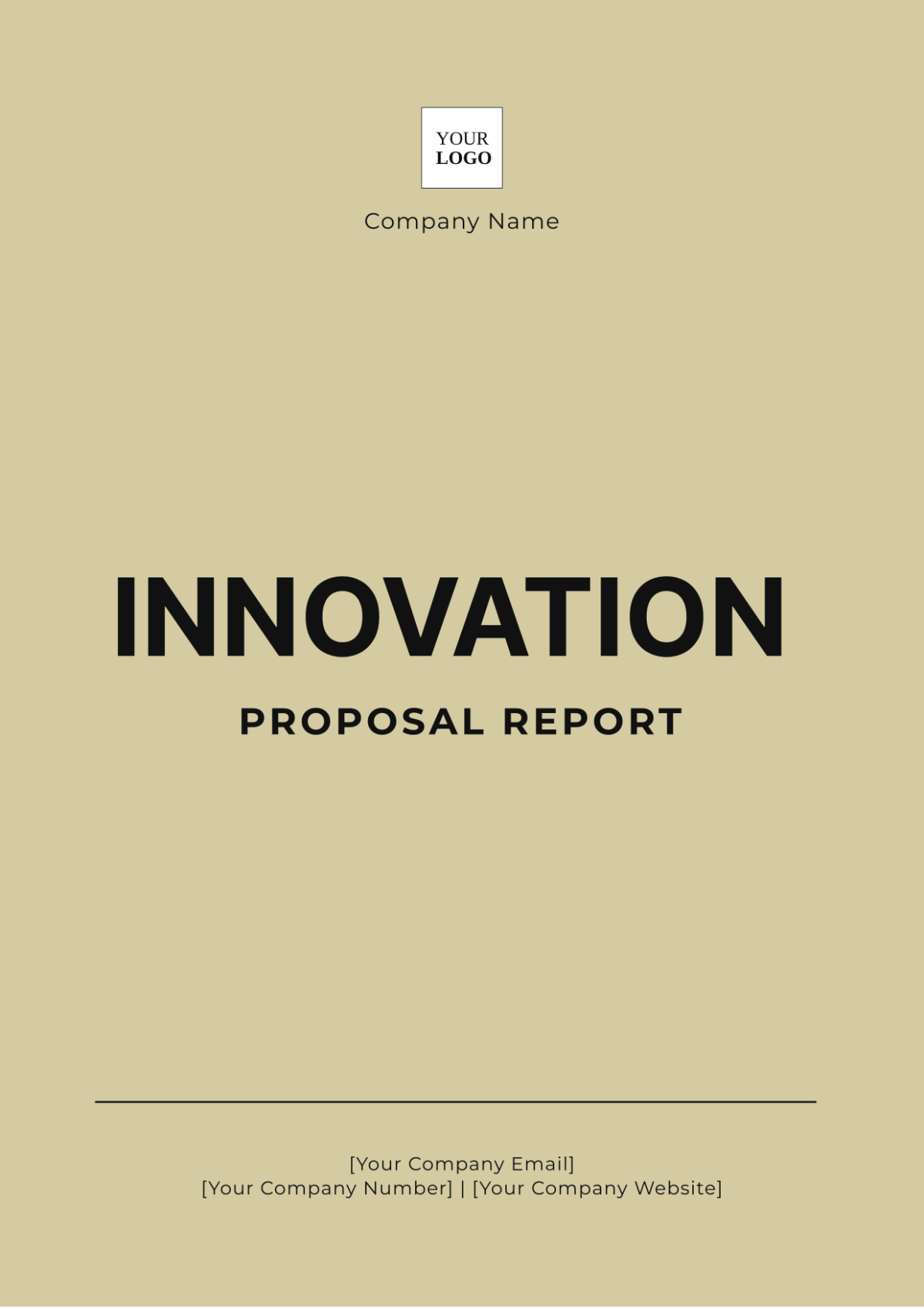Outsourcing Proposal Report
Prepared By: [Your Name]
Date: [Date]
1. Introduction
This report proposes outsourcing specific business functions to boost efficiency, cut costs, and utilize external expertise. It covers the scope, benefits, risks, and recommended providers. Outsourcing certain business functions can provide significant advantages, including cost savings, increased focus on core competencies, and access to expert knowledge. This report aims to provide a comprehensive analysis and recommendation for outsourcing pertinent business processes.
2. Scope of Outsourcing
The following business functions have been identified for potential outsourcing:
Customer Service
IT Support
Human Resources
Accounting and Payroll
Marketing Services
3. Benefits of Outsourcing
Outsourcing offers several benefits that can enhance the overall performance of the business:
Cost Savings: Reduction in labor and operational costs.
Focus on Core Activities: Allows the company to focus on core business areas.
Access to Expertise: Leverages specialized skills and knowledge of external professionals.
Scalability: Easier to scale operations based on demand without incurring significant overheads.
Risk Management: Transfers certain business risks to the outsourcing partner.
4. Potential Risks and Mitigation Strategies
While outsourcing can provide benefits, it also comes with potential risks:
Risk | Mitigation Strategy |
|---|---|
Loss of Control | Implement robust contract management and regular performance reviews. |
Quality Issues | Select providers with a proven track record and include quality benchmarks in the contract. |
Confidentiality Concerns | Ensure strict data protection agreements and regular audits are in place. |
Communication Barriers | Establish clear communication protocols and regular update meetings. |
Dependency on Service Provider | Diversify outsourcing to multiple vendors to reduce reliance on a single provider. |
5. Recommended Service Providers
Based on an analysis of the market, the following service providers are recommended for consideration:
Service Provider | Specialization | Key Strengths |
|---|---|---|
Customer Service Provider | Customer Service | 24/7 support, multilingual capabilities |
IT Support Provider | IT Support | Advanced technical support, quick response time |
HR Services Provider | Human Resources | Comprehensive HR services, strong compliance |
Accounting Firm | Accounting and Payroll | Accurate financial reporting, secure payroll processing |
Marketing Agency | Marketing Services | Innovative strategies, data-driven results |
6. Cost Analysis
A detailed cost analysis was performed to compare the current in-house costs versus the proposed outsourcing costs. The results are summarized below:
Function | In-House Cost | Outsourcing Cost | Estimated Savings |
|---|---|---|---|
Customer Service | $500,000 annually | $300,000 annually | $200,000 annually |
IT Support | $600,000 annually | $400,000 annually | $200,000 annually |
Human Resources | $400,000 annually | $250,000 annually | $150,000 annually |
Accounting and Payroll | $350,000 annually | $200,000 annually | $150,000 annually |
Marketing Services | $450,000 annually | $270,000 annually | $180,000 annually |
7. Implementation Plan
The implementation plan for the outsourcing initiative is structured into four phases, each with specific timeframes and activities to ensure a smooth transition and successful integration of outsourced functions.
Phase | Timeframe | Activities |
|---|---|---|
Phase 1: Planning and Assessment | 1 month |
|
Phase 2: Vendor Selection | 2 months |
|
Phase 3: Transition and Integration | 3 months |
|
Phase 4: Monitoring and Evaluation | Ongoing |
|
8. Conclusion
Outsourcing the identified business functions can provide significant benefits, including cost savings, increased efficiency, and access to specialized expertise. By following the structured implementation plan and addressing potential risks proactively, the company can achieve its outsourcing objectives successfully.







